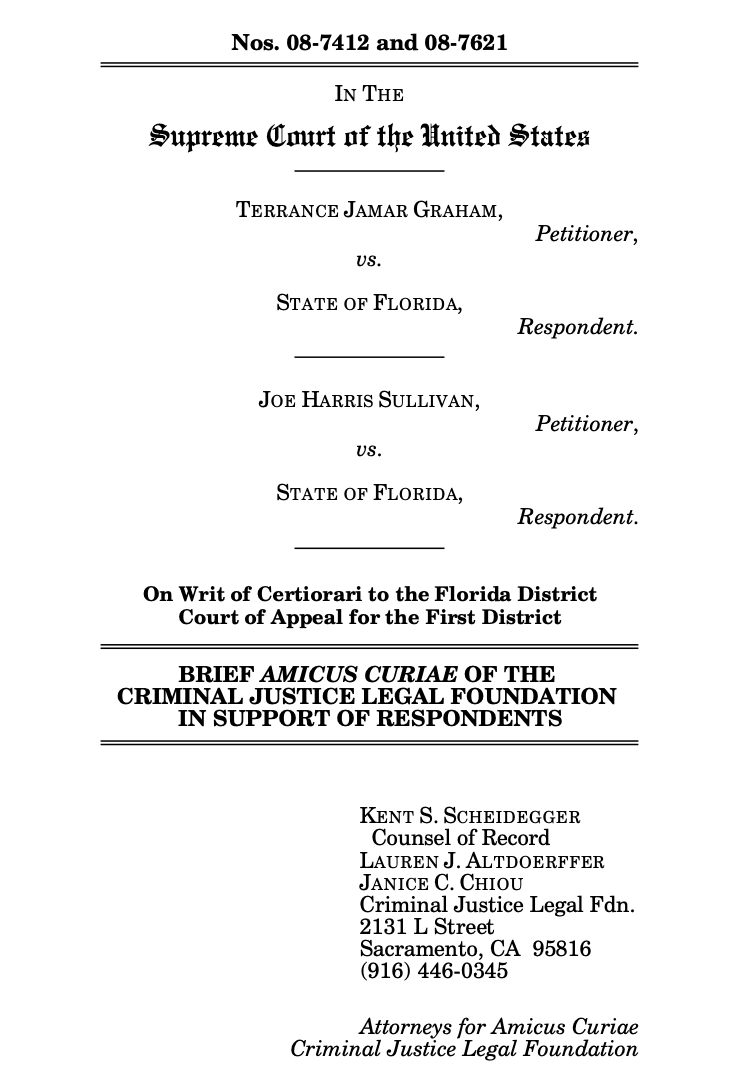
Summary of Argument
In Sullivan, the state court decision rests on a state ground that is independent of the question petitioner asks this Court to decide. The only federal premise of the state court’s decision is the clearly correct statement that Roper v. Simmons did not establish a new right regarding noncapital sentences. Under Fox Film Corp. v. Muller, a clearly correct federal premise to a court ruling on state law is insufficient to give this court jurisdiction to review a different federal question not necessary to the judgment. The developmental psychology research cited in the brief of the mental health amici does not support the rule petitioners seek. On the contrary, that research supports the conclusion that teenagers are not a homogenous mass, and courts can and should distinguish the differences among them. Some teens engage in significant illegal behavior only in adolescence and are likely to desist in young adulthood. Others are life-course persistent offenders who are likely to victimize others into middle age if we let them. The latter group is distinguished by the length of antisocial behavior and by the commission of crimes of violence, the same factors courts typically use in determining sentences.
Open Amicus Brief as PDF